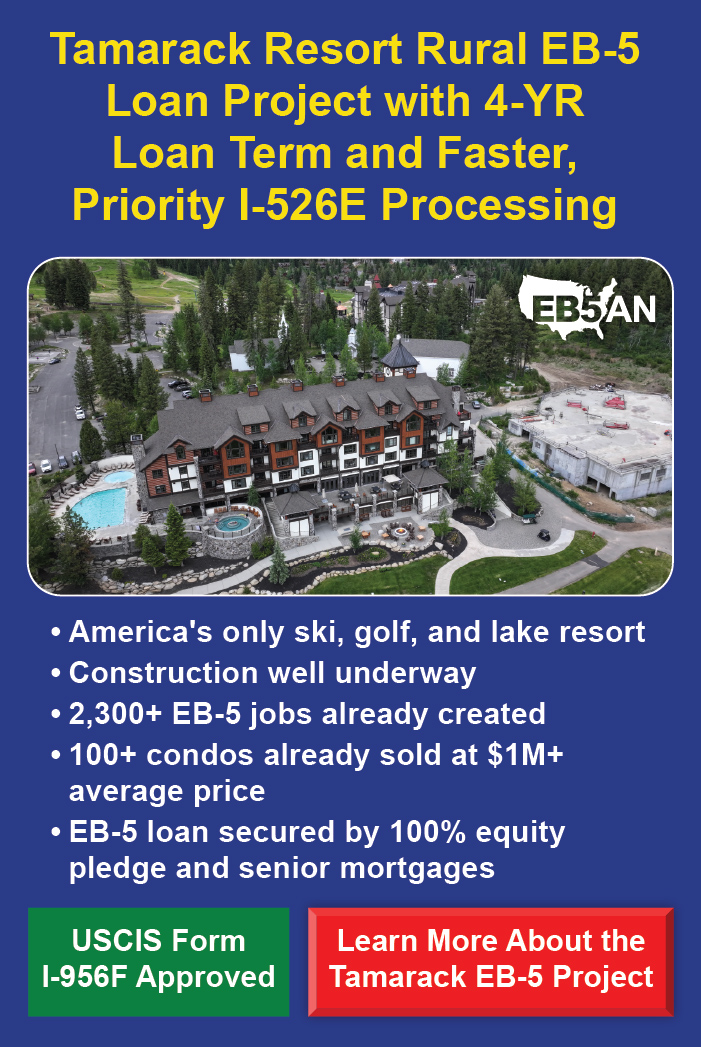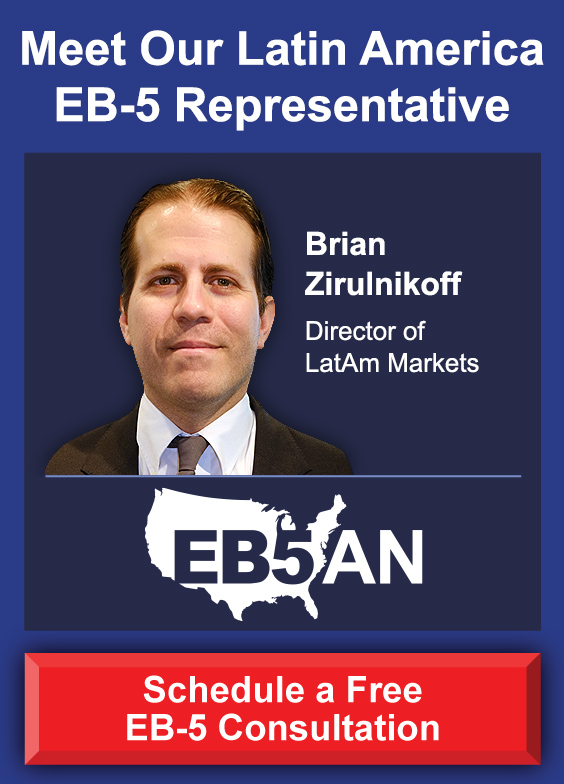
Since the global financial meltdown of 2008, foreign direct investment (FDI) in the southern hemisphere has risen steadily, coinciding with explosive economic growth on the African continent. African countries such as Egypt, South Africa, Morocco, and Ethiopia have become both sources of wealthy investors and destinations for investment from other nations.
African Investment Barriers
Though African leaders have a stated goal of greater ease of travel between African nations (a vital component of economic development), progress toward this goal has been sluggish. In 2016, less than a quarter of African countries allowed visa-free entry or issued visas on arrival to all fellow Africans. North Americans were able to travel to 55% of African countries without a visa, while Africans themselves could travel to just 45% of their continent’s nations without one.
African countries with more welcoming visa policies have seen greater economic growth and more foreign investment than those with more restrictive policies, in part because these policies encourage wealthy Africans to invest within their own continent. Unfortunately, continued resistance to more open borders and ongoing political instability still stand in the way of intra-continental investment for Africans, leading them to look elsewhere for investment opportunities.
While the UK has been a popular FDI destination for African investors, the advantages offered by the EB-5 program in the United States have turned their heads. A glance at the statistics from 2014 to 2016 elucidates this trend.
- FDI investments by Africans into the US shot up from $1.69 billion to $4.39 billion (Statista 2018)
- The number of EB-5 visas issued to Africans grew from 89 to 110 (US Dept of State)
The Next Emerging Market
Growing foreign investment by Africans, coupled with gathering economic momentum, is why financial analysts have dubbed Africa “the next emerging market.” At the head of the pack are South Africa, Nigeria, Algeria, and Egypt.These nations are some of the most populous on the continent and account for more than half of its GDP.A combination of factors has facilitated their growth, including political changes, investment from other continents, West African economic recovery, and improved communications infrastructure.For South Africa and Nigeria, inclusion in the BRICS (Brazil, Russia, India, China, and South Africa) and MINT (Mexico, Indonesia, Nigeria, and Turkey) alliances have brought increased trade and security. These leading nations have established themselves as models and harbingers of the future for other African nations.
Advantages of EB-5 Investment
What are the perks of the EB-5 visa program for African investors?
- Itallows the investor a fast-track to permanent residency, with an unrestricted freedom to live and work anywhere in the continental US.
- It includes green card provisions for the investor’s spouse and children under 21. For investors seeking to give their families respite from political or economic instability, the American Dream is often appealing.
- It makes American schools available to African immigrant investors, including a discounted rate for college tuition—a bonus for the many African parents who want their children to be educated in the United States.
- It provides a route to potential citizenship, requiring only five years of permanent residency.
- It’s easier to obtain compared with similar programs in other countries. For example, Canada, Australia, Britain, and New Zealand have higher minimum investment requirements than the $500K required by the EB-5 program, and Canada awards only 570 investor visas, in contrast to the US’s 10,000.
- It gives investors access to economically beneficial infrastructure and technology that may be lacking in their home country, as well as the ability to transfer the technology and resources they’ve cultivated in the US back home.
- It requires no special knowledge or skills and no sponsor.
- It’s a relatively quick process. Chinese EB-5 applications are subject to retrogression because of the high demand for visas among Chinese investors, but there are no such restrictions for African investors.
- It offers a choice between investing in an individual project or combining funds on a larger project through an EB-5 regional center.
Africans who are interested in foreign direct investment have much to gain by applying for an EB-5 visa. With eventual seamless travel between countries, continued local economic growth, technological development, and greater political security, Africa’s expanding economic power will continue to provide profitability and comfort for its people. For investors who are ready to contribute to its flourishing now, the EB-5 paves the way to myriad investment opportunities.
African immigration to the US is on the upswing. According to the US Department of State, between 2014 and 2016, immigrant visas issued to Nigerians, Ethiopians, Egyptians, and Ghanaians increased by approximately 63%, 54%, 6%, and 48% respectively.As an African investor, you can not only be among the Africans seeking a better life in the US, you can enrich both your family and your home country by becoming an EB-5 investor.
Contact EB5AN today to learn more about the EB-5 immigrant investor program and find projects you can invest in.










